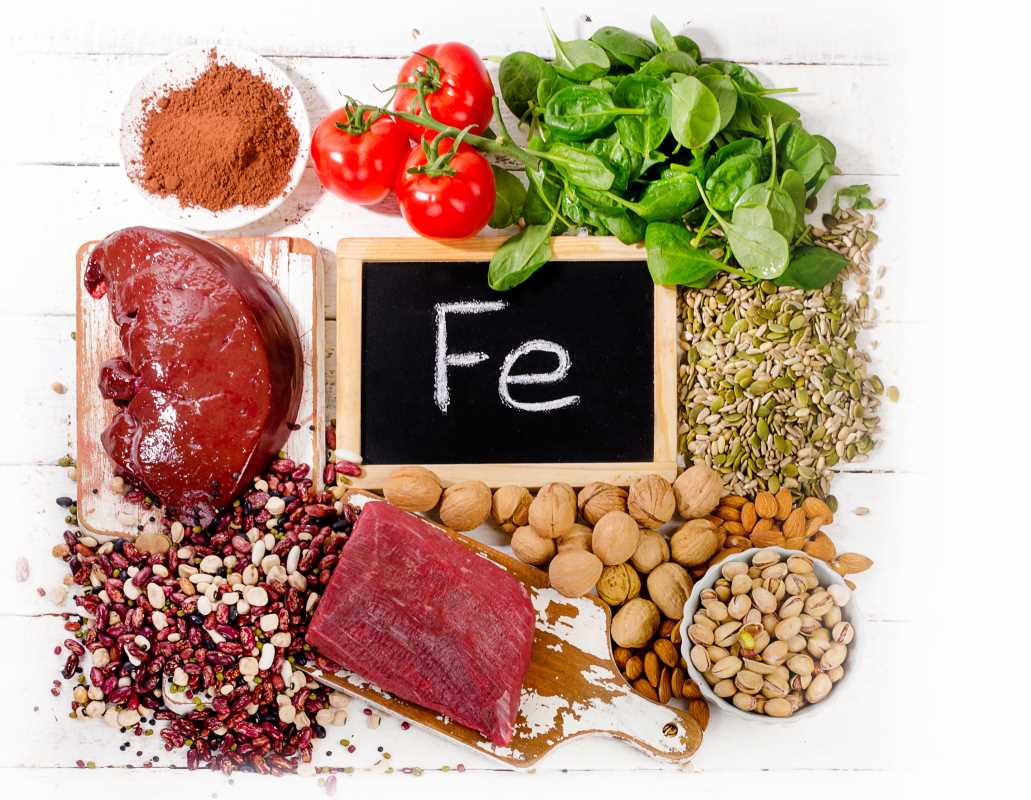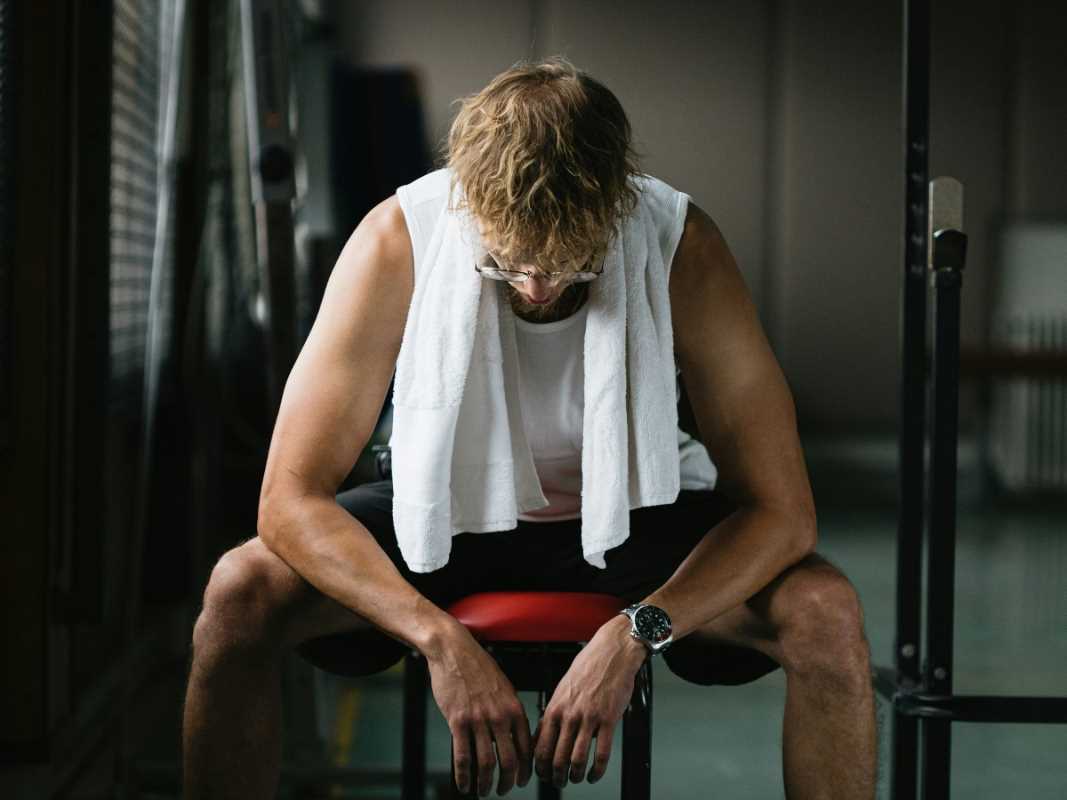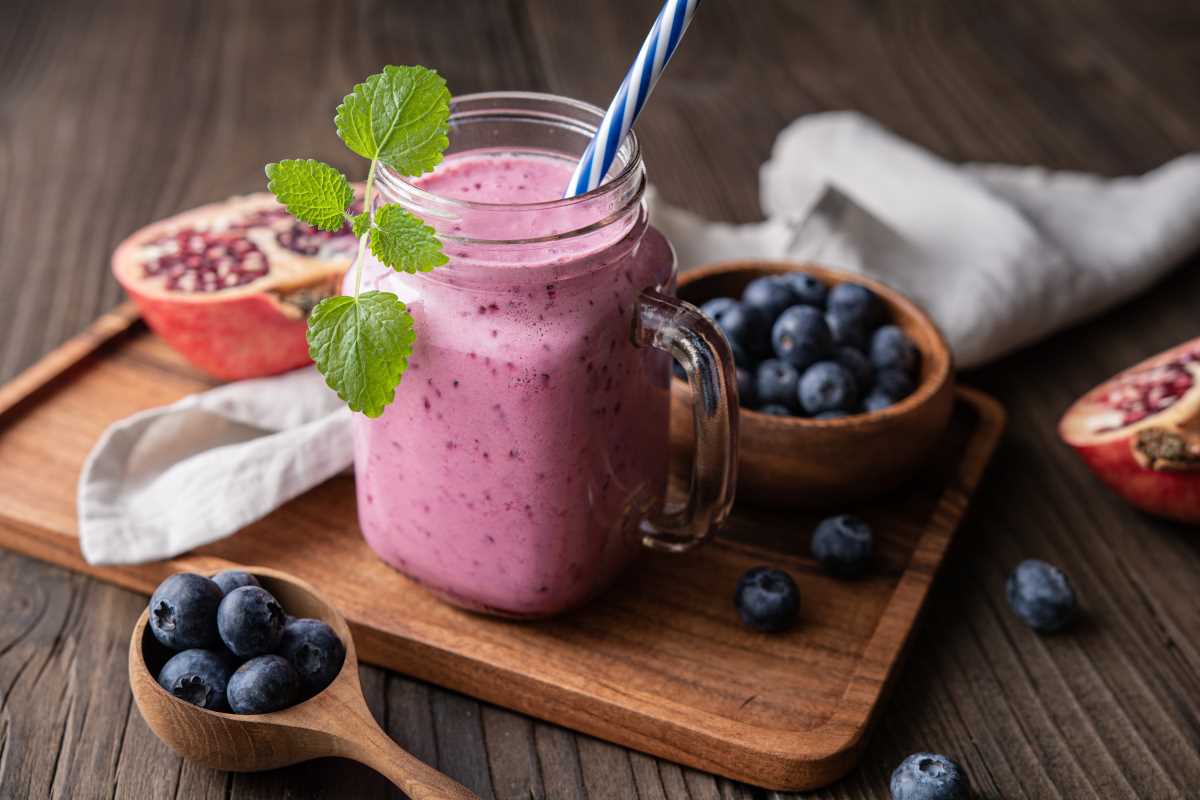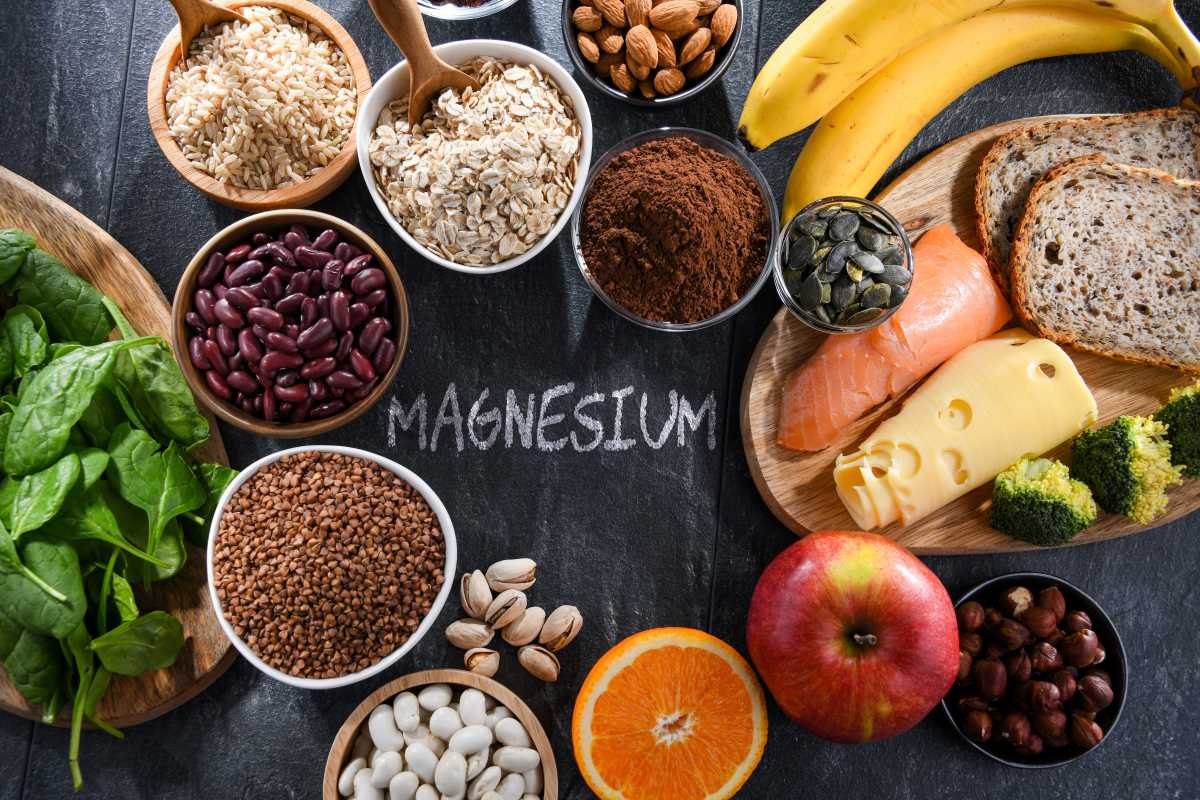Do you feel tired all the time, no matter how much sleep you get? Struggling with low energy can be frustrating, especially when you’re not sure what’s causing it. One potential culprit could be your iron levels. Iron is a vital nutrient that your body needs to function properly, and it plays an essential role in how your body produces energy. Without enough iron, you could find yourself battling fatigue and a lack of stamina. But what exactly does iron do for your body? How can you make sure you’re getting enough of it, and what happens if you get too much? Let’s explore!
Iron is a mineral found in many foods and is an essential component of your diet. It’s also a critical part of several bodily functions, most importantly helping your body produce energy and transport oxygen. Essentially, iron is like the fuel that keeps your body’s engine running.
Iron exists in your body mainly in your red blood cells. This mineral is a key component of a protein called hemoglobin, which allows red blood cells to carry oxygen from your lungs to the rest of your body. Every single cell in your body needs oxygen to function, and without enough iron, this process doesn’t run as smoothly as it should.
Beyond oxygen transport, iron contributes to other important functions, including maintaining your immune system and supporting brain health.
Why Iron Is Crucial for Energy
When it comes to feeling energized and alert, iron is a big player. This is because oxygen delivery and energy production are closely connected.
Here’s how it works:
- Oxygen Transport: Iron in hemoglobin allows red blood cells to bind oxygen and deliver it to tissues and organs. This oxygen is then used by your cells to create the energy they need to keep your body going.
- Energy Production: Inside your cells, particularly in the mitochondria (the “power plants” of cells), oxygen is used in a process called cellular respiration. Iron also plays a role in this process by helping enzymes produce adenosine triphosphate (ATP), which is the energy currency of your body.
Without adequate iron, your body struggles to deliver enough oxygen to your cells and produce sufficient ATP. The result? You feel tired, weak, and sluggish.
How Iron Deficiency Affects Energy Levels
Iron deficiency is one of the most common nutritional deficiencies worldwide, and its impact on energy levels can be significant. When your body doesn’t have enough iron to produce healthy red blood cells, it leads to a condition called anemia.
Symptoms of Iron Deficiency Anemia
- Persistent fatigue
- Weakness or lack of stamina
- Shortness of breath, even during mild activity
- Pale skin
- Dizziness or headaches
- Cold hands and feet
Even if you’re not anemic, having low iron levels can still leave you feeling less energetic. This is especially important for women, as they are more likely than men to experience iron deficiency due to menstruation. Vegetarians, vegans, and athletes are also at higher risk of low iron levels.
Best Sources of Iron
Thankfully, there are plenty of ways to get iron in your diet. Iron comes in two forms:
- Heme Iron: Found in animal products, this form of iron is the most easily absorbed by your body.
- Non-Heme Iron: Found in plant-based foods, non-heme iron isn’t as readily absorbed, but eating it with vitamin C-rich foods can improve absorption.
Foods Rich in Iron
Heme Iron Sources:
- Red meat (beef, lamb)
- Poultry (chicken, turkey)
- Fish (salmon, tuna, sardines)
- Shellfish (oysters, clams, shrimp)
Non-Heme Iron Sources:
- Leafy greens (spinach, kale)
- Legumes (lentils, chickpeas, black beans)
- Fortified cereals and bread
- Tofu and tempeh
- Nuts and seeds (pumpkin seeds, cashews)
- Quinoa
Tips for Boosting Iron Absorption
- Pair iron-rich foods with vitamin C sources like oranges, strawberries, bell peppers, or tomatoes.
- Cook in cast-iron pans, which can add small amounts of iron to your food.
- Avoid coffee, tea, or calcium-rich foods during meals, as they can inhibit iron absorption.
Tips for Maintaining Healthy Iron Levels
Keeping your iron levels within a healthy range is all about balance. Here are some tips to help ensure you meet your iron needs without overdoing it.
1. Know Your Daily Iron Requirements
Iron needs vary depending on age, gender, and life stage. Here are the general recommendations:
- Men (19+ years): 8 mg/day
- Women (19–50 years): 18 mg/day (27 mg during pregnancy)
- Women (50+ years): 8 mg/day
2. Monitor Your Diet
Take note of how much iron you’re getting through food. If you’re not consuming enough, consider adjusting your diet or speaking with your doctor about supplements.
3. Be Aware of Symptoms
If you’re feeling unusually tired, weak, or lightheaded, it might be worth checking your iron levels with a simple blood test.
4. Use Supplements Wisely
Iron supplements can be highly effective for treating deficiencies, but they should only be used under medical supervision. Taking too much iron can lead to side effects such as nausea, constipation, or even iron poisoning.
Potential Risks of Too Much Iron
While getting enough iron is essential, it’s equally important not to overdo it. Excess iron can build up in the body, leading to a condition called iron overload or hemochromatosis. This can cause damage to organs like the liver, heart, and pancreas, and lead to symptoms like joint pain, fatigue, and irregular heart rhythms.
That’s why it’s crucial to talk to your doctor before starting an iron supplement if you think you might be deficient. Supplements should only be taken at the recommended dose and for the recommended duration.
When to Consult a Doctor
If you’re experiencing persistent fatigue, weakness, or any symptoms of iron deficiency, it’s a good idea to see a doctor. A blood test can help determine whether your iron levels are low, and your doctor can recommend a treatment plan that might include dietary changes or supplements.
You should also check with a healthcare provider if you’re taking iron supplements and notice side effects or if you have a condition that could affect iron absorption, such as celiac disease or Crohn’s disease.
 (Image via
(Image via





